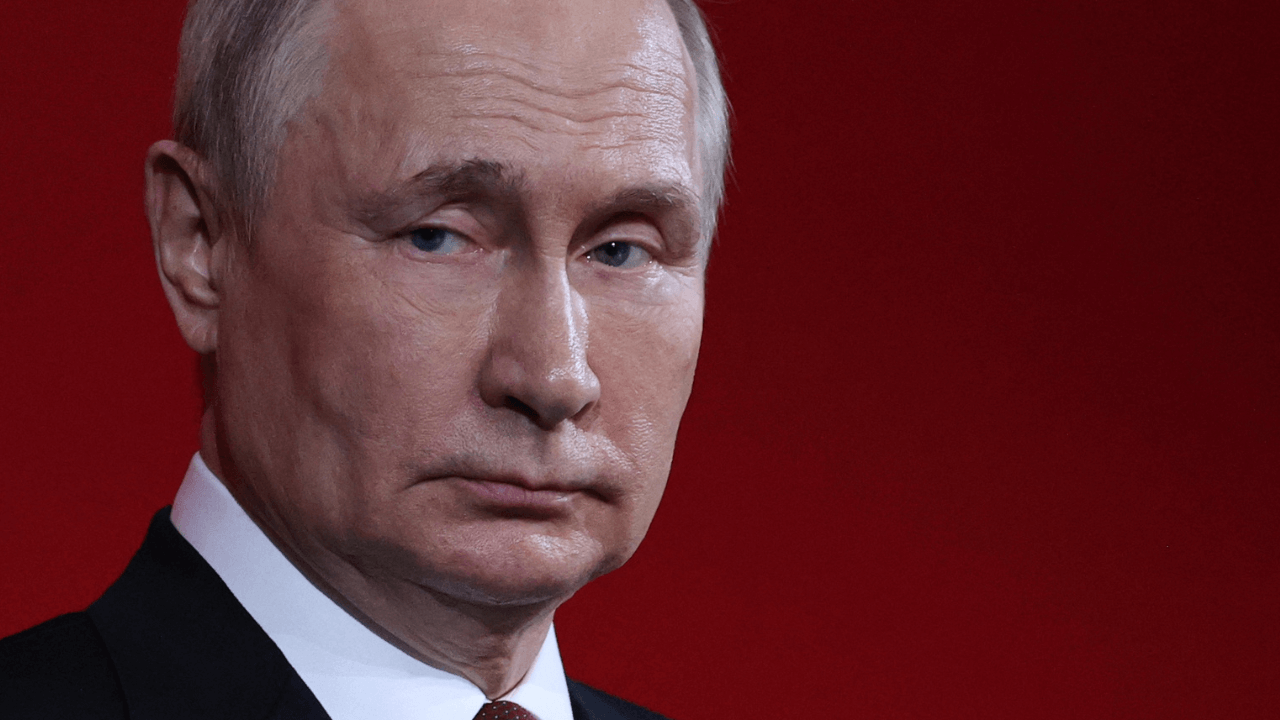On 24th July, Russian President Vladimir Putin’s signing of new legislation dealt a severe blow to the LGBTQ+ community in Russia. The legislation outlaws gender-affirming procedures, making it illegal for individuals to access essential medical care and support related to gender identity. This move further compounds the challenges and discrimination faced by the already embattled LGBTQ+ community in the country.
More About the News
- The bill, passed unanimously by both houses of parliament, prohibits all medical procedures intended to alter a person’s gender.
- Additionally, it forbids individuals from changing their gender on official documents and public records, except in cases of treating congenital anomalies.
- The legislation also invalidates marriages in which one partner has undergone a gender change and prohibits transgender individuals from becoming foster or adoptive parents.
- This legislation represents a significant setback for the rights and well-being of the transgender community in Russia.
Russia’s Traditional Values VS West’s Ideology
- The ban on gender-affirming procedures in Russia is seen as a measure to uphold what the government perceives as the nation’s “traditional values.”
- Lawmakers believe the legislation will shield Russia from what they consider “Western anti-family ideology,” and some have even labeled gender transitioning as “pure satanism.”
- This approach reflects the government’s efforts to reinforce conservative beliefs and restrict LGBTQ+ rights in the country.
Russia’s LGBTQ+ Crackdown
- Indeed, Russia‘s crackdown on LGBTQ+ rights can be traced back to around a decade ago when President Putin emphasized the promotion of “traditional family values,” a stance backed by the Russian Orthodox Church.
- In 2013, the Kremlin passed a law prohibiting any public support or endorsement of “nontraditional sexual relations” among minors.
- In 2020, Putin enacted constitutional reforms that officially banned same-sex marriage and also signed a law banning the “propaganda of nontraditional sexual relations” among adults, further tightening restrictions on LGBTQ+ rights in the country.
These legislative measures have significantly marginalized and discriminated against the LGBTQ+ community in Russia.
- 3 August Current Affairs 2023 in English
- MoU Between Subroto Mukerjee Sports and Education Society and All India Football Federation (AIFF) to Promote Football at Grassroot Level
- Dr. Mansukh Mandaviya Delivers Keynote Address at the 13th Indian Organ Donation Day ceremony
- Education Ministry Forms Expert Panel on Anti-Discrimination in Higher Education
- Concerns Arise Over Cheetah Deaths at Kuno National Park
FAQs
What is the capital of Russia?
The capital of Russia is Moscow. Moscow is the most populous city in Russia, with over 12 million people. Moscow is a major cultural, political, and economic center in Europe.
What is the currency of Russia?
The currency of Russia is the ruble. The ruble is divided into 100 kopeks. The ruble is a relatively weak currency, and its value has fluctuated significantly in recent years.
What is sex change?
Sex change is a term used to describe the process of changing one’s sex. This can involve a number of medical procedures, including hormone therapy, gender reassignment surgery, and voice therapy. Sex change can also involve social changes, such as changing one’s name, pronouns, and gender expression.
What is transgender?
Transgender is an umbrella term used to describe people whose gender identity does not match the sex they were assigned at birth. Transgender people may identify as male, female, neither, or both. Transgender people may choose to undergo a sex change, but this is not always the case.
